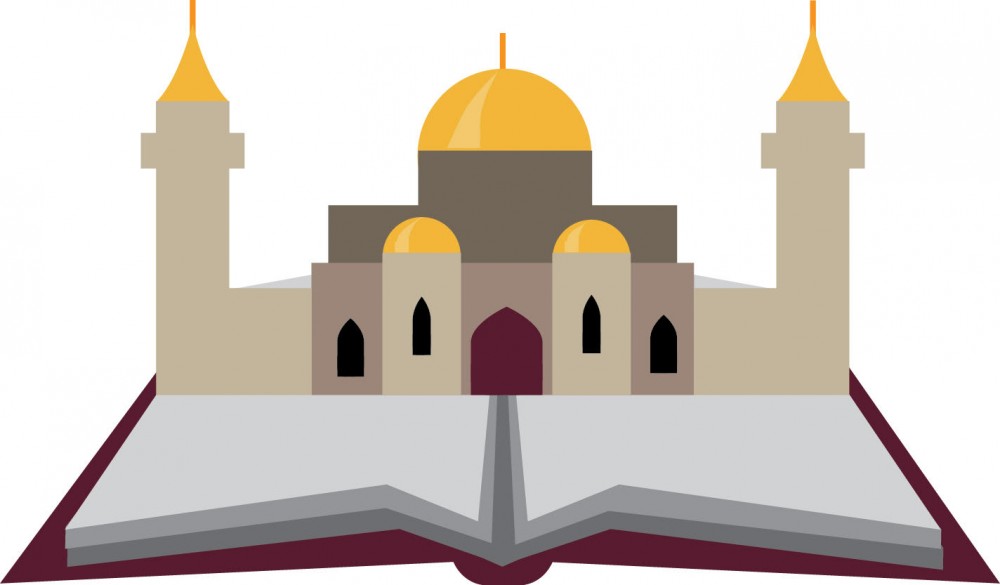The University of Minnesota has taken the first steps to roll out an Islamic studies program following pressure from some members of the Religious Studies (RELS) program.
Currently, students can graduate with a concentration on the Middle East and Islam through RELS. Thanks to the Islamic Studies program that is currently being developed and its two new faculty members, students will also be able to minor in Islamic studies.
Jeanne Kilde, director of RELS , said she is working create a curriculum committee that determines what classes will make up the program. She said she hopes to create a proposal by the end of the semester, and roll out the program by 2020.
“There’s growing interest,” Kilde said of the demand for the program. “The [Muslim] population here is growing, our student body is growing and changing.”
Kilde said although students can pursue a concentration in Islamic studies through RELS, there’s a lack of awareness of the focus. The new program would make Islamic studies more visible and provide a concentrated focus on the religion, she said.
RELS is an interdepartmental program, meaning it draws courses and faculty from other departments across the University’s College of Liberal Arts. Professors Mohsen Goudarzi and Aisha Ghani were the first faculty who were hired for RELS. The two also teach in other departments within CLA.
Goudarzi and Kilde both said that on campus, there are many scholars who research Islam and the Middle East. However, they are not being used to their fullest potential in their current capacities. Developing the new program gives faculty the ability to focus specifically on the religion.
“There are many initiatives already, but [they’re not focused] on Islam,” Goudarzi said. “We also need this religious perspective. Many big universities have Islamic programs, and it makes sense to develop something that would fulfill that need.”
Habibo Ali, a senior studying physiology and religious studies, said she thought it was crucial for students to have the option to study Islam. “A lot of people really want to understand what Islam is … having that foundation and having that major or minor would be very important.”
Ali said that through the RELS program’s structure, students who want to study an area of concentration in Islam will have to take other cultural courses unrelated to the religion.
“It needs to be more concentrated,” Ali said. “For a person to fully understand a religion, they have to take courses that are very concentrated.”
Along with RELS, the Department of Asian Languages and Literature is working to improve the University’s Muslim-centered curriculum in its Arabic program by expanding courses to include Muslim literature and culture. Goudarzi said if the Islamic program and Arabic studies go well, they could pave the way for work on other languages.
“One option we are considering is to re-figure Religious Studies as a center or department … and house Jewish Studies and Islamic Studies within it. Answering this question is central to moving ahead with Islamic Studies,” Kilde said in an email.








